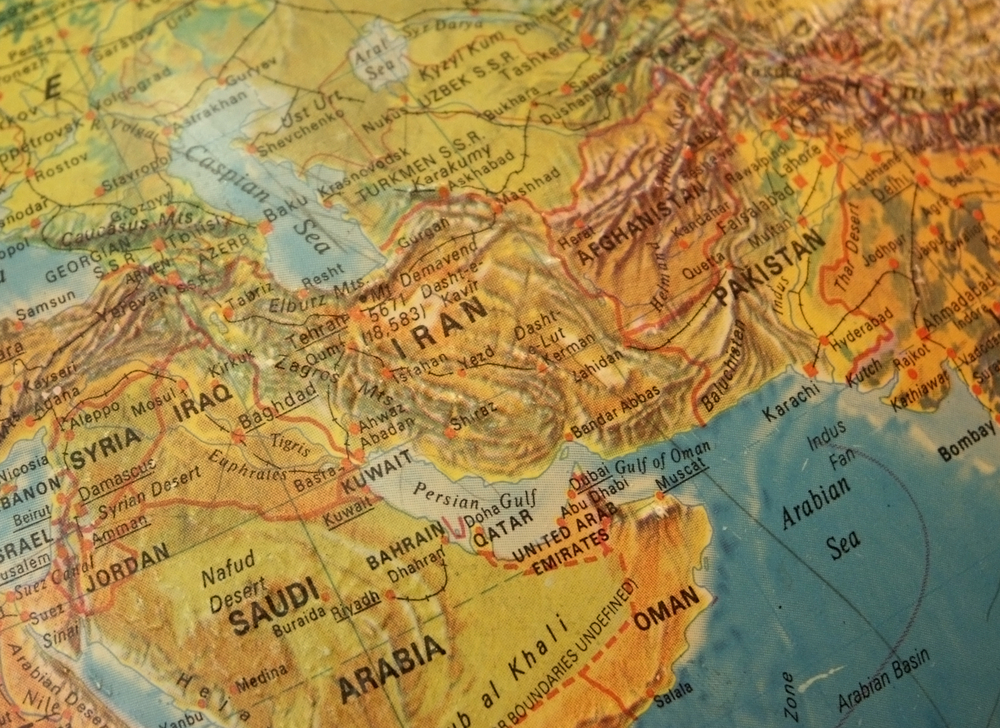We often wonder why we have such poor occupational health and safety standards in the Middle East compared to other areas of the world. But if you look around you, you’ll find the answer. Safety is no different to other facets of living in the Middle East – we suffer from a culture that has long been dependent on others to develop and implement systems and technology. Even the water we drink is imported! What appears to matter most to us is how easily we can purchase things that are ready-made, rather than go through the process of creating them ourselves.
For example:
- We have budgets, but we mainly use them to ‘show off’ – buying the latest expensive equipment that we do not need and that we cannot even maintain properly.
- We prefer to maintain our social relations rather than do what is right, just in case we hurt somebody’s feelings.
- Certificates, and ‘that piece of paper’ matter more to us than what we have learnt by attending the training course. Slogans and PR are considered more important than actually saving a life (unless there happens to be some PR advantage!)
- Turning a blind eye (keeping one eye closed and the other open) is considered a middle approach that people believe in.
- Counting numbers to achieve targets drives us to cover up and remove negative events that will not reflect well on records.
- Our individual benefit is more important to us than the benefit to society as a whole, so we tend to look after our personal interests, and this is normally seen as ‘what’s in it for me?’
- Blame culture is widespread as it is easier to blame someone than identify a system failure and find a lasting solution.
- Being the head of a safety professional body or Government department is taken as a privilege and not as a responsibility.
I could easily list 100 more indicators of our failure to improve safety standards, but the main issue is that lives are lost every single day whilst time is wasted pretending we have done all we can to prevent accidents.
The proportion of people holding a professional safety certificate is the highest in the region, but with no tangible output because we don’t have a solid foundation that we can build on.

So how do we start to correct the situation?
We have excellent people with the potential to go ‘all the way’ and rub shoulders with the best in the international HSE industry. This is a good starting point and should be used to drive the HSE standards in all directions, so I will try to outline a framework for a Paradigm Shift that will result in improving HSE standards slowly but surely.
I believe the steps we need to take are:
- Governments MUST strengthen the Enforcement Bodies by:
- Investing in the right calibre and numbers of enforcing officers, drawn from various industries with sound industrial experience. They need to be trained in HSE to University standard and have solid knowledge of international standards.
- Giving them authority to take enforcement action, and prohibit unsafe business activities where necessary.
- Creating clear and direct reporting lines to the highest authority in the country’s ‘Head of Government’.
- Review and develop HSE legislation that is adequate and up-to-date with severe punishments such as fines or imprisonment, which will deter organisations from violating the law.
- Governments should invest in providing top quality training colleges that specialise in training both the public and private sectors. They should provide management with hands-on skills to develop and implement HSE management systems that work in the regional culture, and meet international standards.
- Make it mandatory to report statistics on an agreed frequency that are shared with all stakeholders, including the general public. This will create awareness among everyone of the scale of the problem and will also motivate organisations to improve their performance.
- Establish a national safety award scheme to recognise individuals as well as organisations with outstanding proactive participation in raising HSE standards.
- When appointing key individuals to manage governmental HSE organisations, competency should be clearly defined as a requirement for the job and recruitment decisions must be objective and not biased towards individuals or political factors.
- Develop a culture among Senior Management in both the public and private sectors where HSE is considered of equal importance as any other facets of the business.
It is only when these processes are underway that I believe we will start to see a positive change in attitude towards health and safety in the Middle East.
Hasan Alaradi CMIOSH, MSc, RMST
Managing Director, RRC Middle East / Lead HSE Tutor / Consultant
